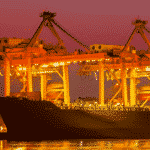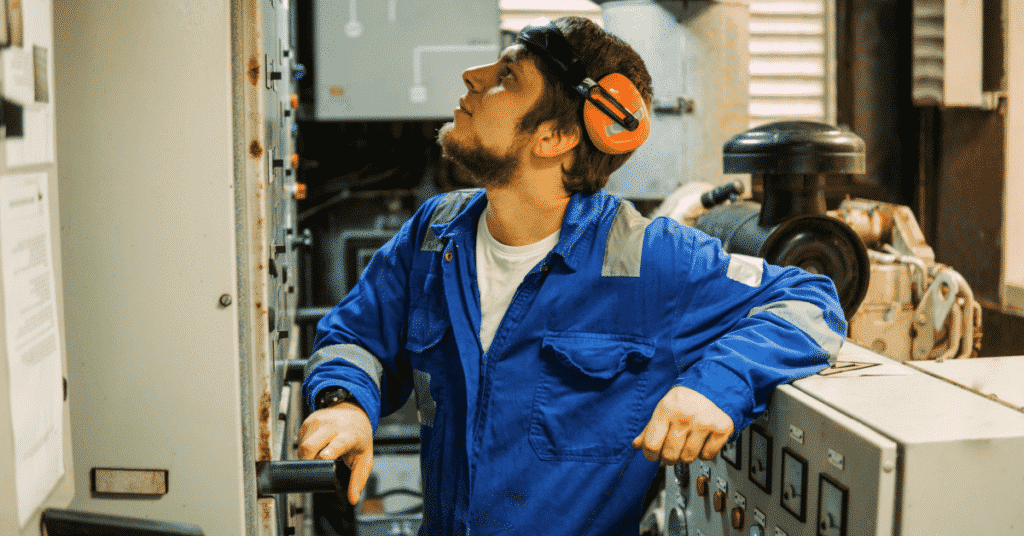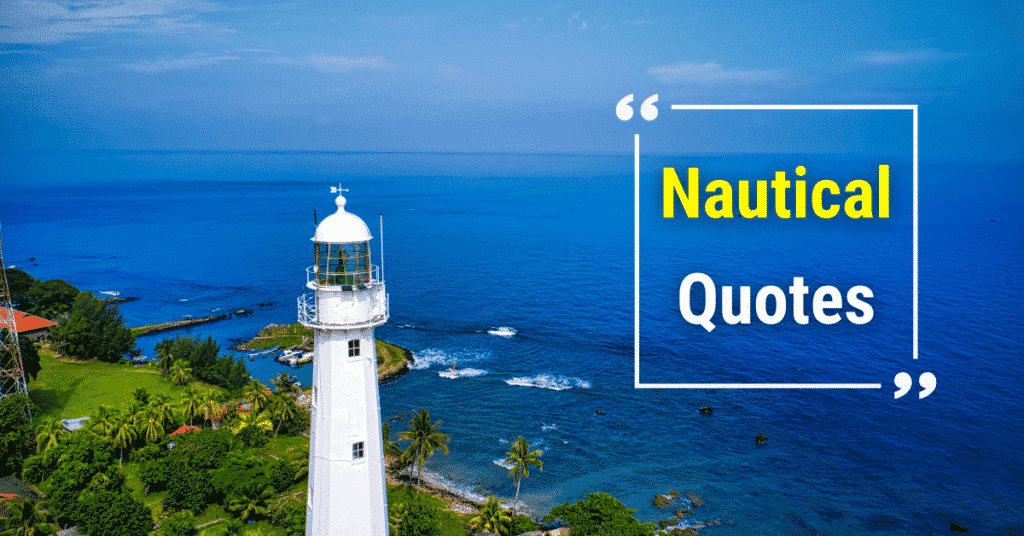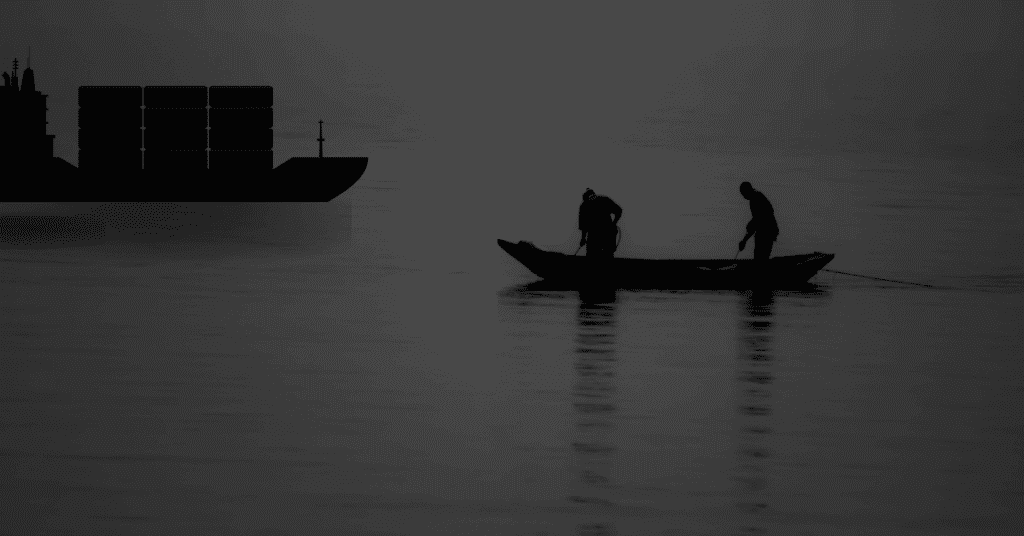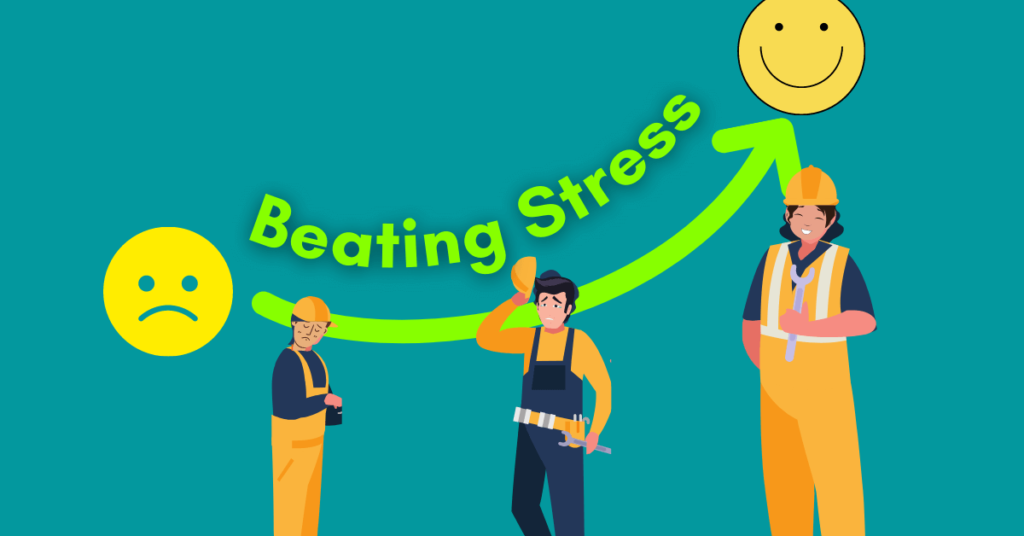Criminalization Of Seafarers Amid COVID-19: Seafarers, Are You Aware Of The Rights Available?
Criminalization of seafarers is a concept. It is not only applied to cases of “high profile cases” upon a maritime accident/incident but has a wider scope in day to day working of a seafarer too. The seafarers are at times denied the basic rights and treated unfairly in different scenarios. It can be as basic as not being provided food, water, basic medical facilities when in the port, corruption by authorities, unfair treatment in by the port country etc.
The current situation of a pandemic due to Covid-19 has compelled the countries to maintain strict regulations and check to minimize the spread of the virus. It has resulted in stringent checking at ports of the vessel to maintain proper sanitization to minimize the spread. Upon sign On/Off, seafarer are subjected to strict checks and care is maintained for the minimization of the spread of COVID-19 but at times it’s beyond the expected ordeal. The authorities come on the vessel for testing, interview and inquire from the seafarers and may go overboard trying to perform their duties.
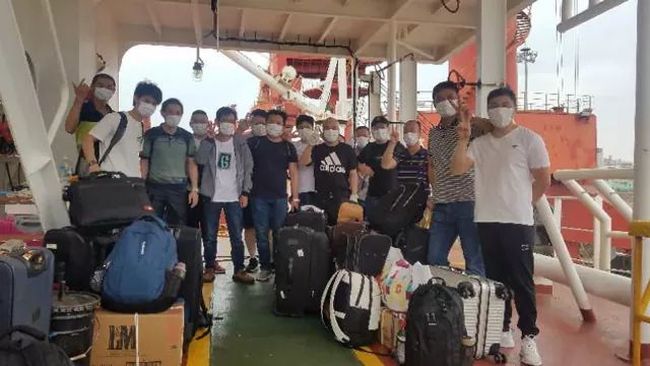
But as much as it is necessary to take these steps by the authorities the same importance must be given to make sure that while conducting these procedures the rights of the seafarers are not being denied. The seaman in all scenario is fairly treated based on the various guidelines given by the IMO.
The objective of the IMO/ILO Guidelines on the Fair Treatment of Seafarers in the event of a Maritime Accident Guidelines is to ensure that seafarers are treated fairly following a maritime accident and during “any investigation”, “interview” or “detention by public authorities”, and that this detention is for no longer than necessary. The seafarers fear that they will be interviewed by authorities in Covid-19 inquiries and are baffled if their answers will land them in any kind of trouble.
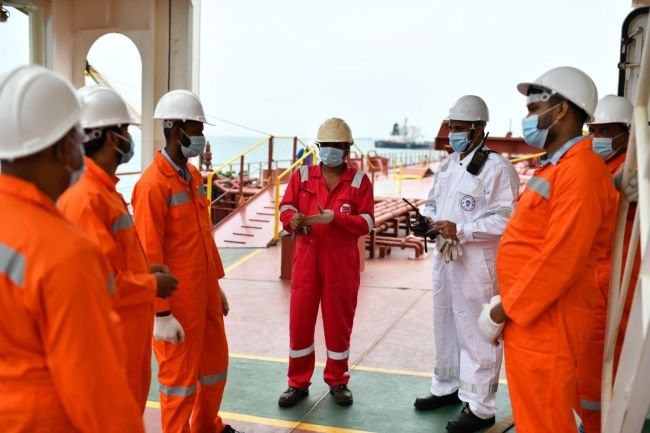
Although the guidelines are written primarily for “more conventional maritime incidents”, the advice and guidance would equally apply and be helpful in situation investigations arising out of Covid-19.
Various guidelines are available in the IMO/ILO Guidelines on the Fair Treatment of Seafarers which shall come in handy upon this situation for the seafarers too:-
- Fair Investigation– The port state must take steps to see that any investigation they conduct that occurs within their jurisdiction is conducted fairly and expeditiously.
- Hassle-free interview– The port state shall take steps to ensure that seafarers, once interviewed or otherwise not required for a coastal State investigation is permitted to be re-embarked or repatriated without undue delay;
- No retaliatory action– The port state must take steps to ensure that no discriminatory or retaliatory measures are taken against seafarers because of their participation during investigations.
- Cooperation with different agencies– The port state must cooperate and communicate with all substantially interested States, ship-owners, seafarers and take steps to provide seafarers’ representative organizations in the port or coastal state with access to seafarers.
- Preservation of Basic Human rights– The port state must take steps to ensure that adequate measures are taken to preserve the human rights of seafarers at all times and the economic rights of detained seafarers.
- Non Discriminatory procedure– The port state must ensure that due process protections are provided to all seafarers in a non-discriminatory manner.
- Interpretation and Legal advice– The port state shall make sure that seafarers are, where necessary, provided interpretation services, and are advised of their right to independent legal advice.
- Basis of investigation/enquiry– The port state shall ensure that involved seafarers are informed of the basis on which the investigation is being conducted.
- Right to communicate with– The port state shall arrange means to ensure that all seafarers are provided with the means to communicate privately with all of the following parties: – family members; – welfare organizations; – the ship-owner; – trade unions; – the Embassy or Consulate of the flag State and their country of residence or nationality; and – legal representatives.

ICS: Updated guidance for seafarers’ protection amid COVID-19
Some reports show that seafarers are being denied medical attention by port authorities in some cases. The new report seeks to ensure ship operators and crew can safely deal with seafarers struggling with medical conditions amid COVID-19 pandemic. Due to spending an extended period onboard, the seafarers are at risk from adverse health effects, including fatigue and mental health issues.
There are cases where the seafarers suffering non-COVID related medical conditions are being refused entry to port or denied medical evacuation for over 4 days, ICS reports.
Few of the guidelines are
- State parties shall not refuse to grant ‘free pratique’ (permission to enter a port, embark or disembark, or discharge or load cargo or stores) for public health reasons.
- Flag States must ensure all seafarers on ships flying their flag are covered by adequate measures to protect their health and that they have access to prompt and adequate medical care while working onboard;
- The Port States must ensure that any seafarers on board ships in their territory who need immediate medical care are given access to medical facilities onshore. Together with flag States, companies and Masters should co-operate with port State health authorities to ensure that public health measures are completed satisfactorily.
Conclusion
Desperate times call for a desperate measure but in those measures, the basic human rights shall be preserved at any cost. No measure is justified if it denies the basic rights to the people. The IMO/ILO Fair treatment guidelines, as well as the ICS Updated guidelines, tend to preserve these rights at the time of Covid-19. The seafarers must be aware of their right and must act accordingly. These guidelines shall serve as a reassurance to governments and port authorities that it is fully possible to conduct crew changes/enquires safely and effectively. Urgent action is now required to ensure that seafarers are not subjected to inhumane treatment.
We aim to empower the seafarer through our articles with the rights available to them and share the knowledge with the fraternity.
You may also like to read – Why The Oil Tanker Business Boomed During COVID-19 Pandemic?
Authors
Rishabh Srivastava, Law student at Ramaiah Institute of Legal Studies, Bangalore
Adv Rahul Varma (Ex Master Mariner), Founder, Ally Maritime And Legal Services.
Disclaimer :
The information contained in this website is for general information purposes only. While we endeavour to keep the information up to date and correct, we make no representations or warranties of any kind, express or implied, about the completeness, accuracy, reliability, suitability or availability with respect to the website or the information, products, services, or related graphics contained on the website for any purpose. Any reliance you place on such information is therefore strictly at your own risk.
In no event will we be liable for any loss or damage including without limitation, indirect or consequential loss or damage, or any loss or damage whatsoever arising from loss of data or profits arising out of, or in connection with, the use of this website.
Do you have info to share with us ? Suggest a correction
Disclaimer :
The information contained in this website is for general information purposes only. While we endeavour to keep the information up to date and correct, we make no representations or warranties of any kind, express or implied, about the completeness, accuracy, reliability, suitability or availability with respect to the website or the information, products, services, or related graphics contained on the website for any purpose. Any reliance you place on such information is therefore strictly at your own risk.
In no event will we be liable for any loss or damage including without limitation, indirect or consequential loss or damage, or any loss or damage whatsoever arising from loss of data or profits arising out of, or in connection with, the use of this website.
Related Posts
Subscribe To Our Newsletters
By subscribing, you agree to our Privacy Policy and may receive occasional deal communications; you can unsubscribe anytime.







